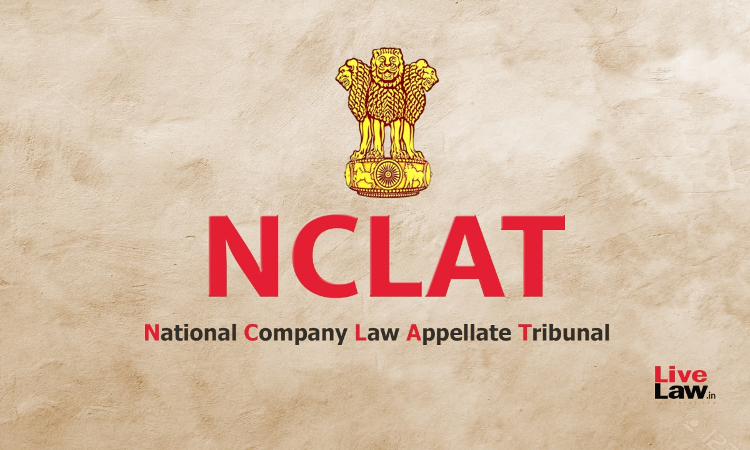NCLAT: Resolution Professional Can Only Entertain Claims Due As Of CIRP Commencement Date
Tazeen Ahmed
2 Oct 2024 1:19 PM IST

Next Story
2 Oct 2024 1:19 PM IST
The National Company Law Appellate Tribunal (NCLAT), Principal Bench, New Delhi, comprising Mr. Justice Rakesh Kumar Jain (Judicial Member), Mr. Naresh Salecha (Technical Member) and Mr. Indevar Pandey (Technical Member) has held that any claims arising after the commencement of the Corporate Insolvency Resolution Process (CIRP) cannot be entertained by the...
